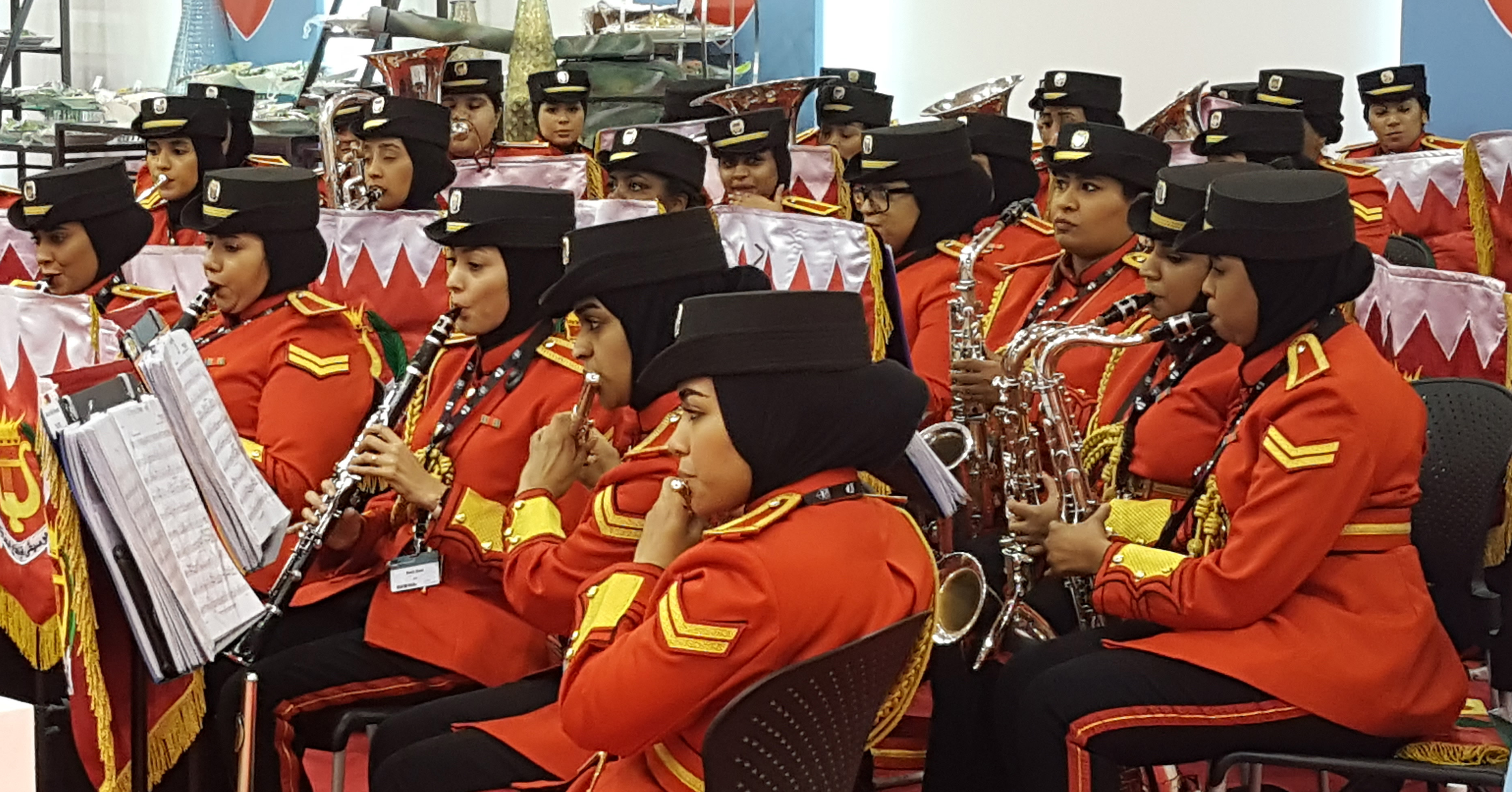Western goods gain traction in NK
Is Coke “it” in North Korea? The question was raised last month when media unearthed a YouTube clip in which a restaurant serves cans of the iconic drink.
The sight sparked speculation that the possible introduction of Coca-Cola by the Stalinist state was part of drive by North Korean leader Kim Jong-un to open to the West. While frequent visitors say that the presence of Coke and other Western products is nothing new their variety and quantity is expanding.
Coca-Cola said the sales were unauthorized and that the product had been purchased by third parties.
Still, those who have frequented Pyongyang said the drink has been available to foreigners or North Koreans with hard currency for years at big hotels.
Not in the mood for cola? One U.S. academic who just returned said Sprite was in Pyongyang and other cities. “The stores are stocked with all sorts of goods brought in from China, including sodas, cookies, and other foreign items,” he said.
Heineken beer, too, has long been available at bigger hotels such as the Koryo Hotel in Pyongyang. One traveler said that some 10 years ago, he visited a Heineken “beer garden” in the courtyard of an office building, complete with Heineken umbrellas and waitresses sporting Heineken aprons.
Apparel with Nike and Adidas logos are not uncommon sights. Mercedes, BMW and Volkswagens can be seen among Pyongyang’s growing amount of cars.
A visitor to the recent Rason International Trade Fair, held in the country’s northeastern special economic zone, was surprised to see Colgate toothpaste made in Southeast Asia at a market there.
Children are said to love Disney characters such as Mickey Mouse, and backpacks, socks and other unauthorized items featuring them are popular.
At high-end department stores, Japanese electronics and German household appliances are available, as well as sweets and toys imported from Europe. Helia, a German store for diplomats, has reportedly been open in Pyongyang for several years and offers German products such as Hanuta chocolate.
Experts say that an increasing consumer culture has been taking root for years mostly through cash earned through increased cooperation with China, which is busy extracting mineral from the North. Popularity is driven by a growing market culture approved by Pyongyang.
While elite North Koreans are said to have increasing buying power, it is difficult to tell to what extent such products are accessible to average citizens. Still, the visitors said demand for foreign goods is expanding in a country that is seeking to develop its economy under new leader Kim.
“Five years ago, stores and shops were barren, the windows were covered. Now even just driving by, you can see into the store fronts and inside they seem to be stacked,” the academic said, wishing not to be named. <The Korea Times/Kim Young-jin>




